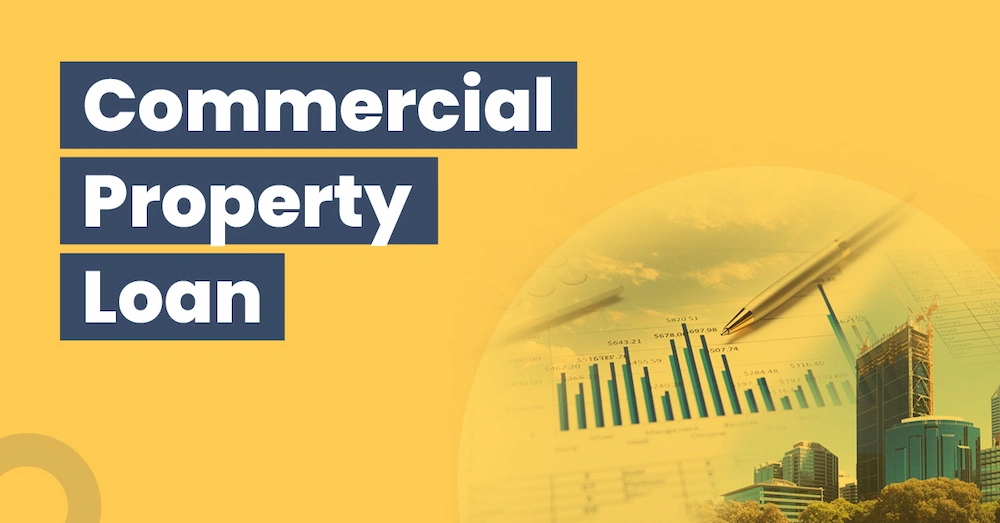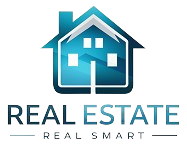If you’re looking to expand your portfolio, securing a commercial real estate investment property loans can be a game-changer. These loans provide the capital needed to purchase, refinance, or improve commercial properties, allowing investors to grow their income and asset base efficiently. However, navigating the world of commercial financing can be complex, especially for first-time investors. In this guide, we’ll break down everything you need to know, including tips, loan types, eligibility requirements, and a real-life case study.

Content
Understanding Commercial Real Estate Investment Property Loans
Commercial real estate investment property loans are specialized financing options designed for business or investment properties rather than residential homes. Unlike traditional mortgages, these loans are tailored to suit the unique nature of income-generating properties, including office buildings, retail spaces, warehouses, and multi-family units.
Key highlights:
- Loan purpose: Purchase, refinance, or renovate commercial properties.
- Eligibility: Usually requires a strong credit score, sufficient income, and a proven business plan.
- Repayment terms: Typically shorter than residential mortgages, often ranging from 5 to 25 years.
Investors often compare multiple commercial mortgage options to find the best rates and terms. Lenders evaluate the property’s potential income, location, and your financial stability before approving a loan.
Types of Commercial Real Estate Loans
Knowing the types of commercial real estate investment property loans is crucial for making an informed decision. Here are the most common options:

1. Traditional Bank Loans
These loans are provided by banks and require a strong credit history, collateral, and a detailed business plan. Interest rates are competitive, but approval may take longer.
2. SBA 504 Loans
Backed by the Small Business Administration, SBA 504 loans are excellent for financing fixed assets like commercial real estate. They offer low down payments and longer repayment periods, making them ideal for small business owners.
3. SBA 7(a) Loans
This is another SBA-backed option designed for smaller commercial real estate investments. These loans are flexible and can be used for acquisition, refinancing, or expansion purposes.
4. Bridge Loans
Short-term loans that help investors purchase property quickly or finance renovations. Bridge loans are ideal for opportunities requiring immediate funding but usually come with higher interest rates.
How to Qualify for Commercial Property Investment Loans
Qualifying for a commercial real estate investment property loan involves more than just a good credit score. Lenders consider several factors:
- Creditworthiness: A strong personal and business credit score helps secure favorable terms.
- Property Appraisal: Lenders assess the value and income potential of the property.
- Debt-Service Coverage Ratio (DSCR): Ensures your income from the property can cover loan payments.
- Down Payment: Typically ranges from 15% to 30% of the property’s value.
- Business Plan: For new investors, a well-structured plan showcasing potential ROI can boost approval chances.
Using these criteria, investors can better target the right lenders and loan products for their specific needs.
Tips for Financing Commercial Investment Properties

- Compare Loan Rates: Shop around for the best commercial loan rates to save thousands over the loan term.
- Leverage Long-Term Loans: Longer repayment periods can reduce monthly payments, improving cash flow.
- Prepare Documentation Early: Financial statements, tax returns, and property details streamline the approval process.
- Consider Future Growth: Evaluate the property’s appreciation potential, rental demand, and market trends.
- Work with a Commercial Mortgage Broker: Brokers can connect you with lenders and negotiate favorable terms.
Real-Life Case Study: Turning a Small Retail Space into a Profitable Investment
A client of mine, Sarah, was interested in purchasing a small retail property in downtown Chicago. The property had strong rental potential but required some renovations. After evaluating her options, she secured a commercial real estate investment property loan through a local bank, which provided a 20-year repayment plan at a reasonable interest rate.
Key steps she took:
- Prepared a detailed business plan projecting rental income.
- Used an SBA 504 loan to minimize her down payment.
- Partnered with a contractor to optimize renovations for maximum ROI.
Within 18 months, Sarah leased the property fully, covering her loan payments and generating a healthy monthly cash flow. Today, she owns multiple commercial properties and continues to use similar financing strategies for growth.
Common Mistakes to Avoid
- Underestimating Costs: Renovations, taxes, and management fees can add up quickly.
- Ignoring Loan Terms: Early repayment penalties or variable rates can affect profitability.
- Skipping Due Diligence: Conduct thorough market research and property inspections before committing.
- Overleveraging: Borrowing beyond your repayment capacity can risk financial stability.
Final Thoughts
Securing a commercial real estate investment property loans is a powerful way to grow your portfolio and generate passive income. By understanding the types of loans, preparing the right documentation, and carefully analyzing the property’s potential, investors can maximize their returns while minimizing risk.
Whether you’re a seasoned investor or just starting, leveraging the right financing options, such as SBA loans, bridge loans, or traditional bank loans, can turn a promising property into a long-term asset.
FAQs
What is the minimum down payment for a commercial real estate investment property loans?
Most lenders require 15%–30% down, depending on property type and borrower profile.
Can first-time investors get a commercial property loan?
Yes, especially with SBA-backed loans, but strong financials and a solid business plan are essential.
How long does it take to get approved?
Approval can take 30–90 days depending on loan type, lender, and documentation readiness.

With a sharp eye for design and a passion for renovation, Samantha transforms fixer-uppers into dream homes. Her expertise in remodeling adds extra value to your real estate experience.




